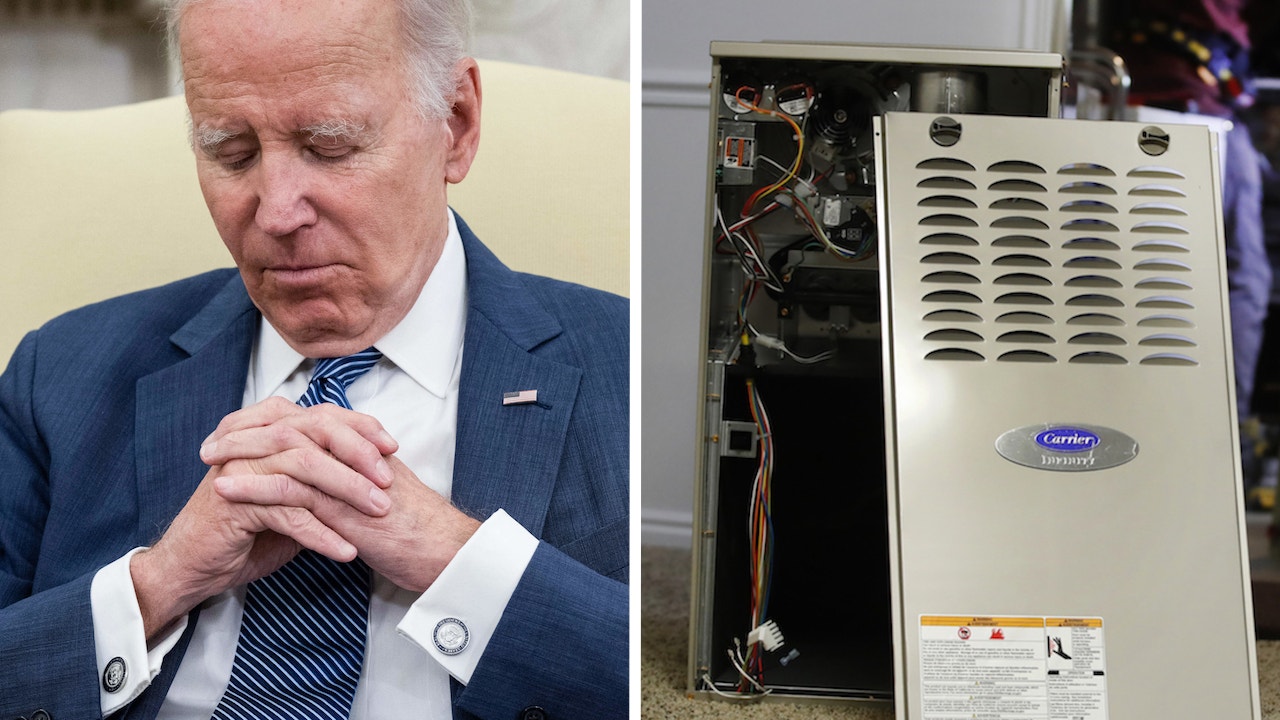Iowa Board of Regents Votes to Curtail DEI in State Universities

Diversity, Equity, and Inclusion took a blow in Iowa after the Board of Regents voted in favor of curtailing the practice at its universities.
In June, Iowa Republican Gov. Kim Reynolds, according to National Review, signed a law establishing a Board of Regents commission to “review Iowa’s DEI activity and recommend necessary change.” The board, which met over the summer and approved ten recommendations to reverse the DEI trend in universities, recently met again.
National Review’s recommendations include eliminating “DEI functions” that are not required for compliance or accreditation and reviewing all college, department or unit level DEI positions in order to determine if DEI-specific job responsibilities are needed for compliance, accreditation or employee and student support services.
The Board of Regents has taken steps to ensure that campus visitors, employees, students and applicants are not required by law to submit DEI declarations or be evaluated on the basis of their participation in DEI projects unless they hold a position which is required for “DEI related compliance or accreditation”.
|
Iowa’s new rules prohibit public universities from asking employees, students, candidates, or visitors to campus about their preferred pronouns.
In 2023, the cause of DEI suffered an important setback when the Supreme Court voted against affirmative action in college admissions (racial preference). As Breitbart News reported:
Title VI of Civil Rights Act of 1965, which extends racial bias to institutions accepting federal tax dollars for grants and tuition assistance (including state and local universities), is also applicable to the Fourteenth Amendment. This applies to nearly all private universities.
Students for Fair Admission filed several lawsuits against both public and private schools. The Supreme Court ultimately took two of these cases: a challenge against the admissions policies of the University of North Carolina under the Fourteenth Amendment, and a challenging of Harvard’s under Title VI.
The Supreme Court ruled 6-3 against UNC and 6-2 against Harvard. Justice Ketanji Brown Jackson resigned from the Harvard case. The Chief Justice John Roberts, along with all conservative and moderate justices, wrote the majority opinion.
The Supreme Court nominees of former President Donald Trump — Justices Brett Kavanaugh and Neil Gorsuch — voted in the majority.









No Comments